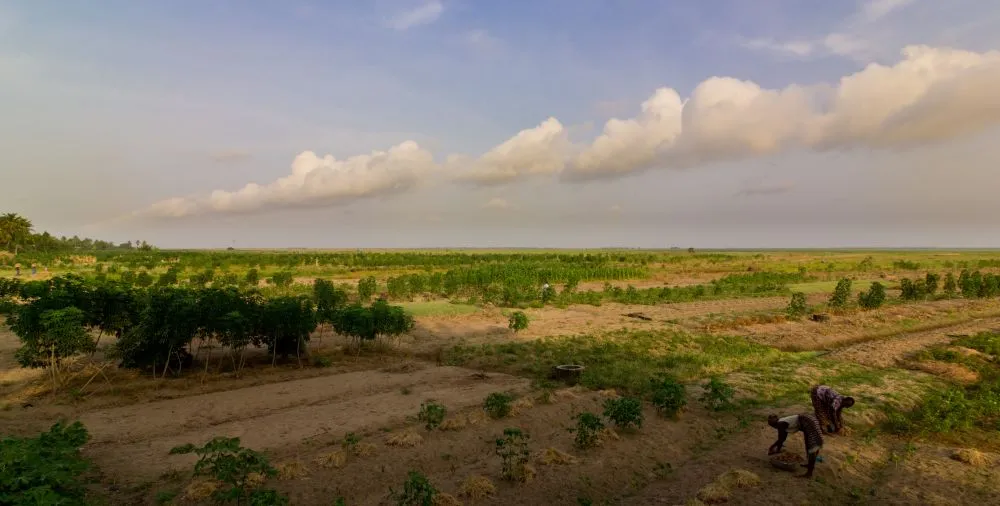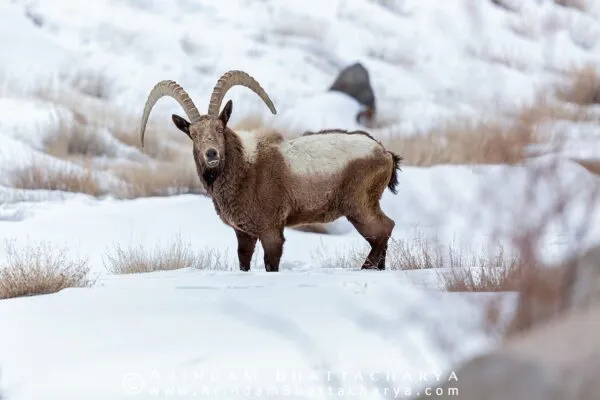Agricultural Expansion to Meet Global Food Demand will lead to Severe Habitat Loss
With the human population bloating all over the planet, the need to grow more food has risen rapidly and with that the need to expand our agricultural lands has gone up simultaneously. According to recent research agricultural expansion to meet the global food demand will lead to drastic habitat loss.
Published in the journal Nature Sustainability, the study reveals that the global food system is on its path to drive fast and extensive ecological damage with almost 90 percent of land animals likely to lose some of their habitat by 2050. It shows that unless the food industry is instantly transformed through a shift in food product demand and their production, the world faces a widespread biodiversity loss in the coming years.
The projected land loss of natural ecosystems to meet future demand for food, animal feed, fiber, and bioenergy crops is likely to immensely intensify threats to biodiversity. To eliminate these threats, it is required to know how and where they are likely to be most severe.

According to recent research agricultural expansion to meet the global food demand will lead to drastic habitat loss | Image: Sentinel
The international research team was led by academics from the University of Leeds and the University of Oxford. The study analyzed how the process of evolving food systems would affect biodiversity and found that the losses were likely to be especially severe in sub-Saharan Africa and in parts of Central and South America.
The lead author of the study, David Williams from Leeds University, said that without fundamental changes, millions of square kilometers of natural wildlife habitat could be lost within the next three decades.
Another lead author from the University of Oxford, Michael Clark said that while conventional conservation tactics such as establishing new protected areas or introducing legislation to save specific species were crucial, the new study emphasized on the necessity of reducing the ultimate stresses to biodiversity, including agricultural expansion that could lead to drastic habitat loss.
It also studied the potential impact of making ambitious alterations in particular regions or countries, ranging from less meat consumption to eliminating food loss and waste; increases in crop yields to international land-use planning. It has been pointed out that all these things require to be implemented in everyday life if we are to save thousands of animal species from existential threats.


